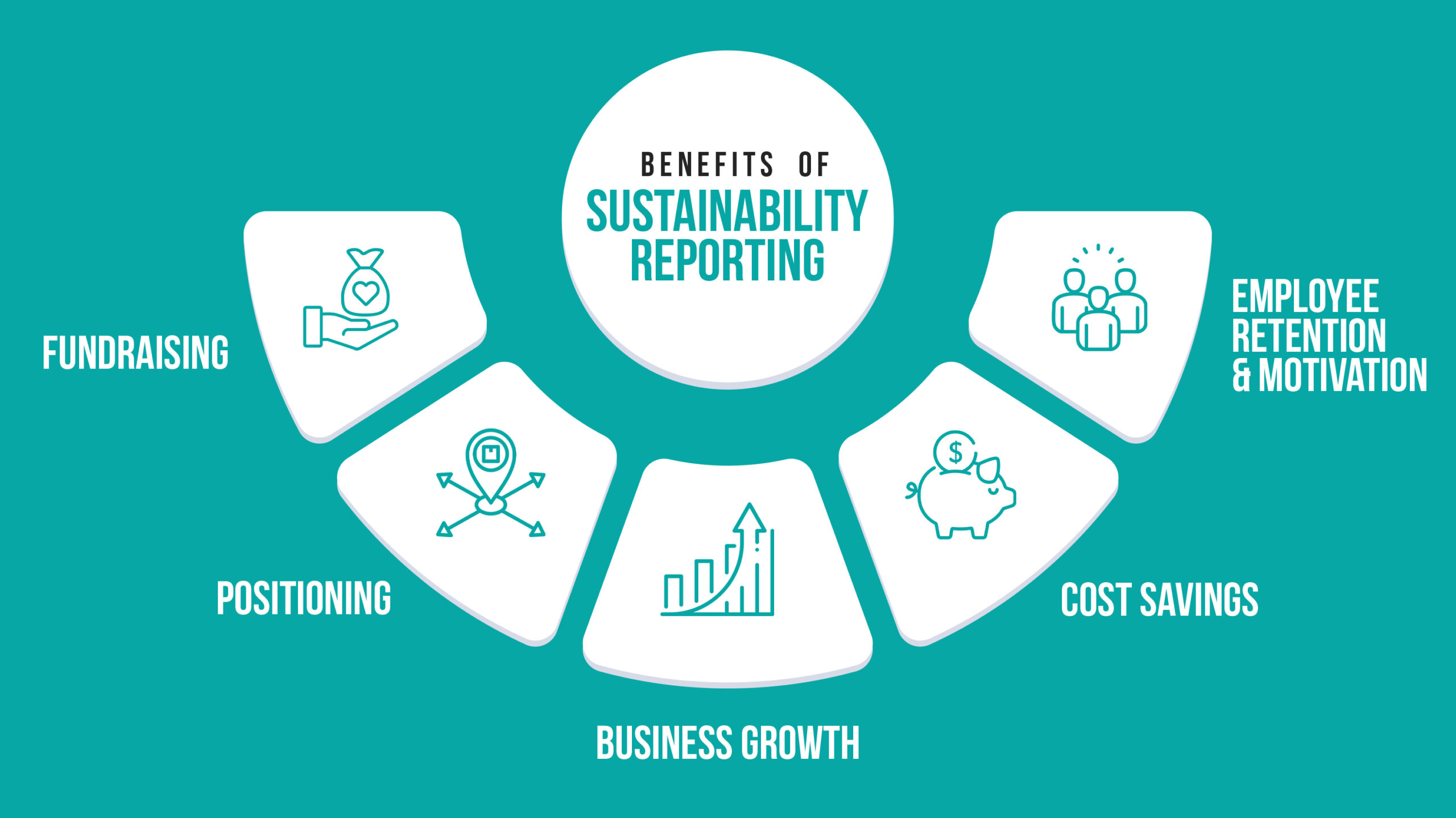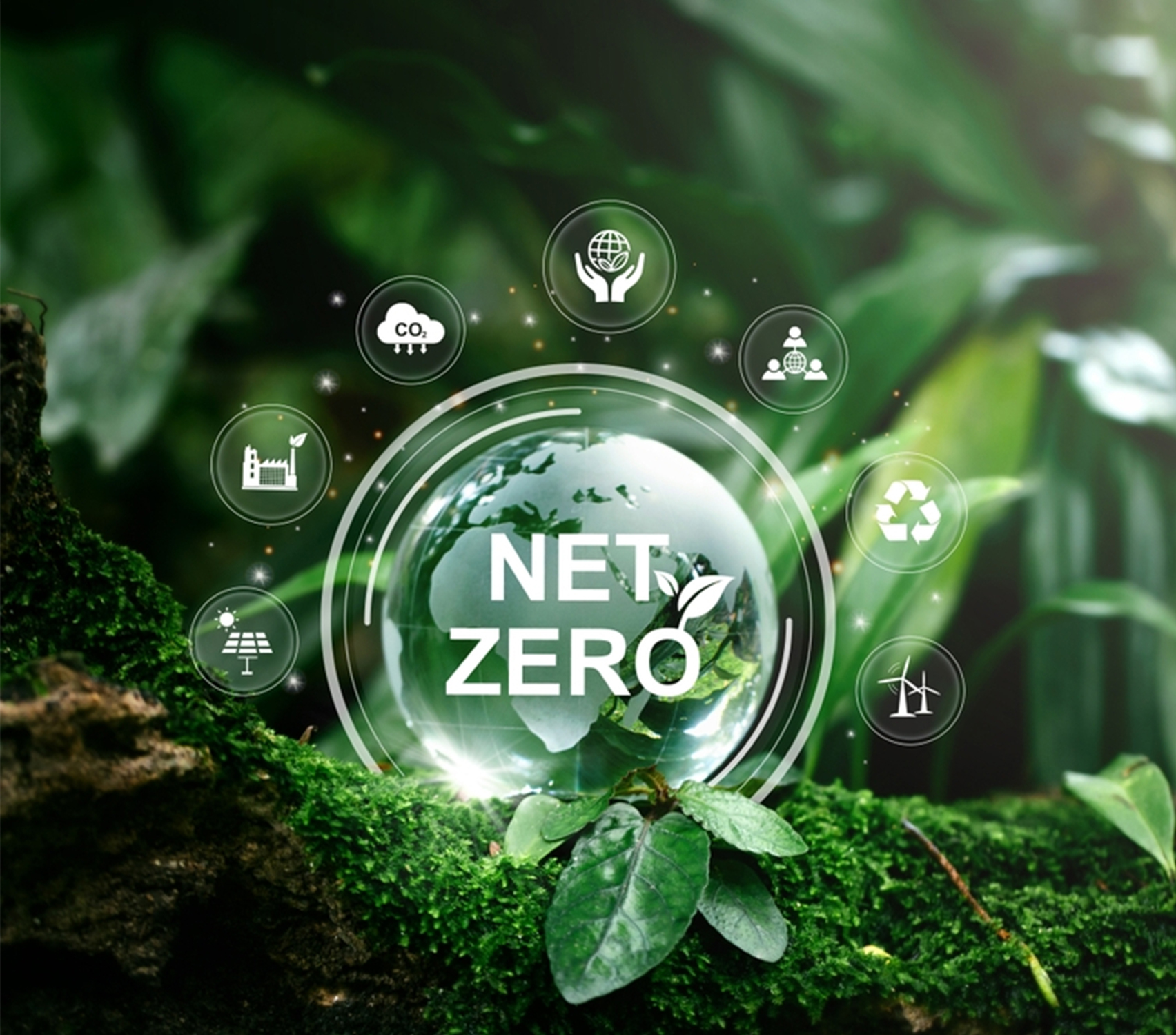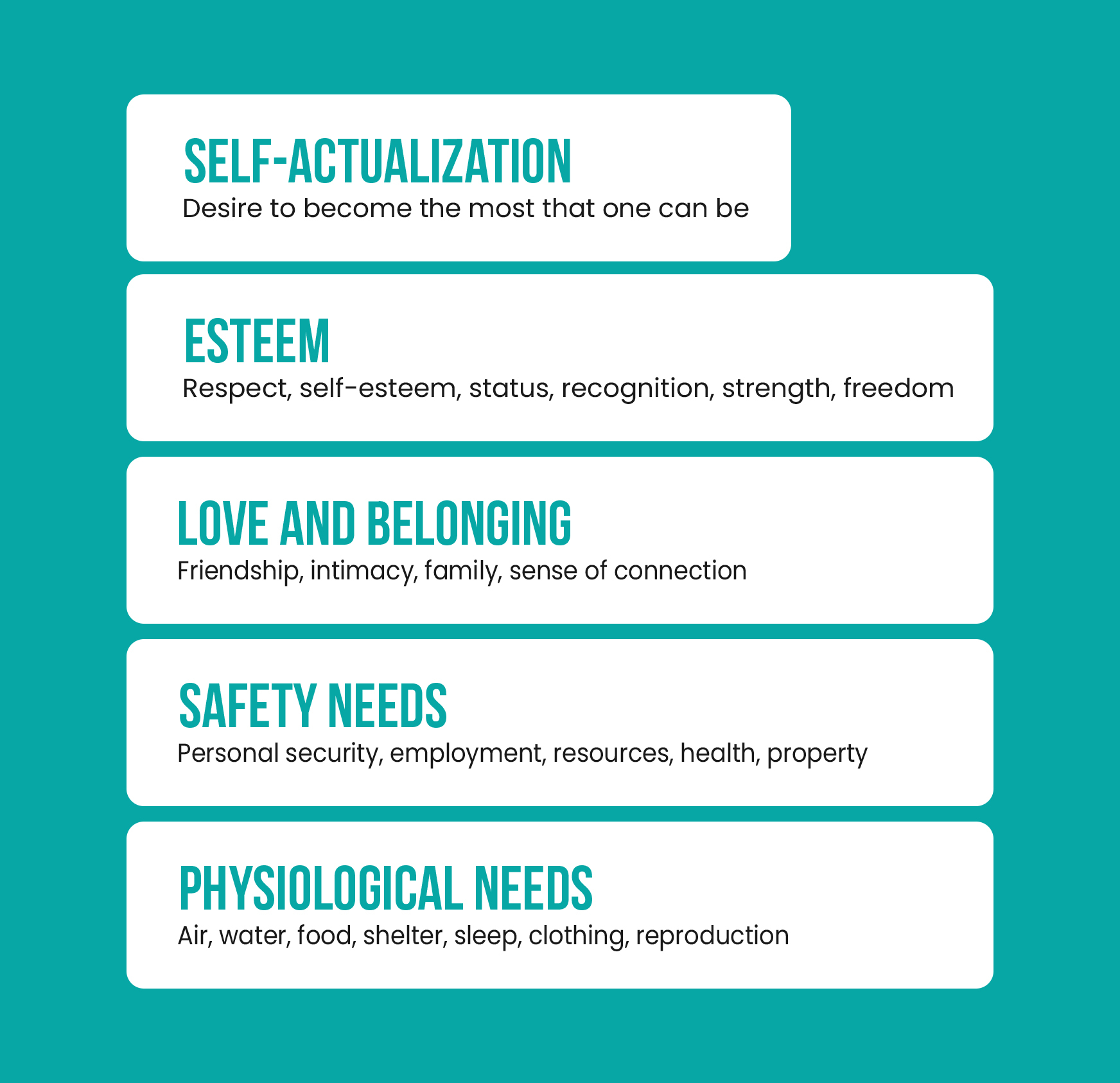
Since the industrial revolution of the 1920s, our environment has taken a hefty burden of providing to the unstoppable depends of human needs. We are using up resources more quickly than the Earth can regenerate. This is called Ecological Overshoot. Every year, when we use up nature’s one year of supply, that day is called Earth Overshoot Day.
The constant human consumption is killing the earth. One of the main causes of these are single-use items and fast fashion products. Fast fashion product companies mass produce products that are currently in trend. The quality of these products is such that they are not meant to last long. Due to this, millions of tonnes of waste end up in landfills.
Through this blog, you will get a thorough understanding of why ESG is non-negotiable.
It has become crucial to implement ESG initiatives in today’s businesses. In this report, the non-financial assets of the organisations are disclosed and all the provisions are mentioned in the BRSR which will be discussed further. This report allows companies to disclose data about environmental concerns, social issues and corporate governance. It assists in improving financial performance too. Incorporating ESG practices also leave a positive impact on the planet.
The ESG reporting helps the business to integrate the environmental, social and governmental factors into their daily operations. By understanding the current state of the environment, the needs of society, and compliance with government rules, can assist a business to survive and function sustainably.
The continuous monitoring and incorporation of ESG reporting regarding extreme weather events, bio-diversity, resource scarcity, problems with the supply chain, keeping up with human rights issues, understanding the needs of the workers, etc, can enable the management to mitigate potential risks and improve risk management techniques.
As the rules and regulations of companies are becoming more stringent, companies that fail to comply with the ESG requirements attract hefty fines and legal liabilities. Compliance with the ESG standards demonstrates the commitment of the companies towards ethical business practices. Companies are required to go through constant ESG assessments.
Integrating ESG into the organisations framework satisfies stakeholders’ demand for transparency and accountability, attracting and retaining customers. Willful disclosure fosters trust, strengthens relations and aids stakeholders in decision-making. It is a way to prove the company is acting in the interests of the planet.
Investors are attracted to invest in businesses that are transparent about their workings as per the regulatory requirements. The disclosure of their ESG compliance, helps the business garner more investors and aid investment decisions. Businesses that invest in sustainable technologies, and laid down appropriate work ethics can differentiate themselves from their competitors in the market.
Shifting to sustainable practices requires innovating new products and machinery. This gives the organisations opportunities to bring their creative minds together and innovate a product which would attract shareholders. By evolving and adapting to changing ESG trends, businesses can stay ahead of the curve.

Net Zero in simple terms means to reduce the amount of carbon emissions to the point where the atmosphere can absorb it along with other carbon dioxide measures taken place which would leave zero carbon in the atmosphere.
The Paris Agreement of 2015, a landmark environmental conference, emphasized the urgent need to address rising global temperatures. World leaders aimed to limit temperature rise to 1.5 degrees Celsius above pre-industrial levels. Currently, Earth has already warmed by 1.1 degrees Celsius, prompting the call for achieving net zero emissions.

Achieving net zero is a humongous task and a grave challenge humankind is facing. The most polluting industries are the ones that provide energy resources. Most of the energy produced is from coal, biogas, etc. We need to make a shift to renewable resources wind and solar which can help reduce carbon emissions.
The goal now is to reach net zero by 2050. But are we on the right track to achieve this goal? Sadly, the answer is no. A lot of countries which were the signatories of the Paris Agreement, have projected an increase of 9% of greenhouse emissions by 2030.
Achieving a carbon-free environment requires collective effort. Industrialists, governments, and consumers all play crucial roles. Industrialists must transition to sustainable practices, governments enact regulations, and consumers adopt eco-friendly habits like using public transport and reducing consumption.
Each country according to their ability and resources has been given net zero targets which have to be fulfilled in the stipulated time for us to achieve its goals. these targets are mainly to reduce harmful gases from the atmosphere such as Carbon Dioxide, Methane, and Nitrogen Oxide.
The zenith goal of the net zero goals in decarbonization. it requires widespread decarbonization in the sectors of industry and agriculture by transitioning to renewable sources of energy such as wind, solar, hydro and geothermal.
Switching from non-renewable to renewable energy is not feasible in a lot of countries. This makes it difficult for many to eliminate all the greenhouse gases just by transition. So this project involves processes such as reforestation, afforestation, forest conservation, etc to assist in reducing greenhouse gases.
Reducing waste and maximizing resource efficiency by promoting recycling, reuse, and waste reduction across industries and households.
A lot of countries do not have the financial resources to make their contribution to the net zero targets. Don’t worry, the World Bank is here with you to assist you with your needs and help you achieve your desired goals.
The World Bank issues loans to developing countries for them to install renewable energy projects and plants, reforestation and conservation efforts. These projects in the long run help reduce greenhouse gas emissions.
The World Bank helps countries design carbon pricing mechanisms, and policies, and strengthen their capacity for government and monitoring for a smooth transition to net zero.
The World Bank assists countries in building their skills, knowledge and expertise for climate mitigation programs and adaptive measures
With numerous reports, workshops, seminars and online platform content, the World Bank has become a hub and an all-time spot for information and experiences of people around the world. This content helps others make an informed decision and push forward their plan for climate change.

The Supreme Court of India in their judgement of March 21 said that the Right to clean environment comes under Article 21 which is the Right to Life and Personal Liberty. The Right to health also comes under Article 21. The shift in the levels of pollution, rise in diseases, increased number of natural disasters, and crop failures which lead to the shortage of food and livelihood of millions of people violate their Right to life under Art 21 and Right to equality under Art 14.
The court justifies that the Constitution also advocates for the preservation of the climate. Art 48A provides that states shall endeavour to preserve the wildlife and natural resources and Art 51A(g) provides that the citizens should endeavour to protect and promote the health of the climate and wildlife. Even though these are non justiciable rights, the constitution makers still considered nature to be an integral part of our legal system.

Now in the current times, all companies need to adhere to the Environmental, Social, and Governance frameworks. Environmental pertains to carbon emission, pollution, deforestation, etc. Social deals with how much the company is giving back to society, Corporate Social Responsibility (CSR), is the employees actively donating or volunteering and Governance deals with the compliance of rules and regulations. India is the first country to make CSR mandatory under the Companies Act, 2013
In 2012, the Securities and Exchange Board of India (SEBI) made it mandatory for the top 100 companies which were listed by market capitalization to file a report on how they would assess the ESG factors by introducing the Business Responsibility Report.
The previous Business Responsibility Report was superseded in 2021 by the Business Responsibility and Sustainability Report, which includes UN sustainability goals along with principles and guidelines for business conduct. SEBI recently in 2023, amended the Business Responsibility and Sustainability Report (BRSR) to BRSR Core which would now instead of top 100 companies, it would include the top 1000 companies based on market capitalization.
As companies now have a moral and ethical duty not only towards their investors but also towards the environment, the transparent disclosure of their adherence to the ESG framework would make the company more credible for future investors. Running along the ESG framework gives startups the upper hand as investors are more keen to support companies who attempt to attain ESG goals.
Companies that have taken ESG as one of their priorities are Tata Group Companies, Welspun, Marico, Tech Mahindra, Infosys, Wipro, and many more. By implementing ESG policies and addressing sustainability issues it gives them a competitive edge.
Should there be mandatory disclosure of ESG reports by companies? Absolutely yes! The disclosure promotes transparency and accountability of the company which key areas such as potential risks, future investment, diversity and governance.
Move to sustainability sounds like the right thing to do but it is also very expensive. To combat the hefty costs, the government has offered to provide subsidies to install solar panels in urban and rural areas with their SHRISTI and SAUBHAGYA plans. Income tax also provides an exemption under Section 80IA if you are setting up a Solar plant up to 10 years from the day of commencement! You are saving 10 years worth of tax by setting up a solar plant and shifting to greener and cleaner energy!

Ever heard of Maslow’s hierarchy of needs? Maslow in 1954 devised a hierarchy of human needs. These included physiological needs such as food, water, and shelter. Then it is followed by safety, love and belonging, self-esteem, and then finally on the top it is self-actualization.

Now try putting the environment in one of these levels of the hierarchy. We see that it comes under the very first level of the physiological level. Clean air, healthy food, and shelter are the most basic needs which is required by human beings. With the current condition of the climate, this need is unfulfilled for millions of people around the world which restricts them from moving up the hierarchy.
Human beings THRIVE in a social environment and that is why we are called “Social Beings”. Despite being an extrovert or introvert, the behaviours of people around us impact our own behaviour. In our generation of consumerism, everyone strives for big, lavish, and unnecessary things, like multiple houses, cars that consume a lot of fuel, exotic foods, etc, which invariably are not bad as it can be rewarding to one for their hard work but it does put a burden on our poor earth.
As a society, most of our habits and behaviours are learned from people around us. This is known as observation learning. Ever seen children throw plastic bottles on the road? Know where they learn it from, their parents. Albert Bandura’s Bobo Doll study is a prime example of observation learning. But as now climate change is inevitable, there are some things you can do to change people’s attitudes towards it and help them become responsible citizens. Influence your friends and families to volunteer and do social work. Make them understand the changes caused by us to the climate and teach them ways by which we can reduce them.
Sustainability is an activity which, unless and until you start it at a personal level, you cannot expect someone to carry it out collectively. It needs to start at home. Humans are just a part of the ecosystem. The Earth will survive without us but we won’t survive even a day without the Earth.

GovEVA is a leading cutting-edge digital ESG SaaS platform. Our vision is to empower large enterprises to digitize and streamline their sustainability journey, ensuring they meet their ESG goals efficiently and effectively.
A1, 8th Floor, Chander Mukhi Building,
Ramnath Goenka Marg, Nariman Point,
Mumbai – 400021, Maharashtra, India.

+91 98202 22089
Info@goveva.com
Copyright @2024 GovEVA. All rights reserved. ![]()
![]()